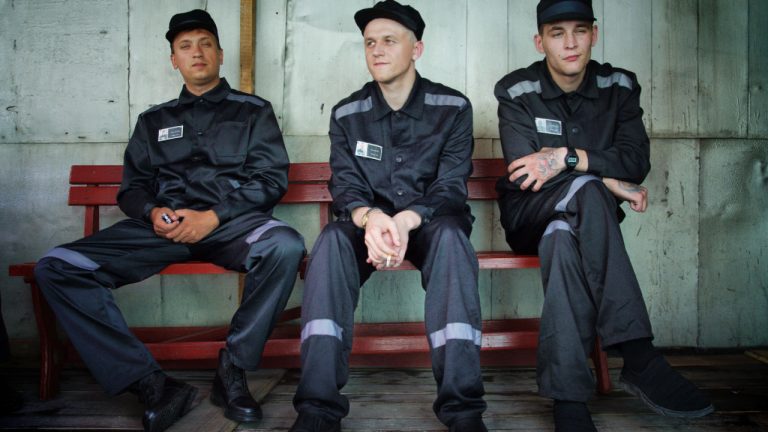Russian Court Sends 3 Crypto Robbers to Strict-Regime Prison

Three Russians are going to spend time in high-security prison for stealing over a million U.S. dollars’ worth of cryptocurrency from another man. In addition, the court has also ordered them to fully compensate the victim for the damages, prosecutors announced.
Robbers Get Prison Sentence for Cryptocurrency Theft in Russia
A court in the Russian city of Omsk has issued a verdict in a criminal case against three men from Moscow who extorted a large amount of digital currency from a man in Siberia. Two of them have been found guilty of robbery and forgery of documents and the third one of fraud.
In July 2021, these individuals learned that a resident of Omsk owned significant crypto funds. They traveled all the way from the capital to the Siberian city where they followed the victim for about 10 days, examining his movements and daily routines.
On the day of the attack, they stopped the man on the street, presented fake IDs and forced him into a car. Later, they took away 3 million rubles ($40,000) in cash and made him transfer another 84 million rubles ($1.1 million) in cryptocurrency, the regional Prosecutor’s Office detailed in a press release.
The robbers were later detained by the police but did not admit any guilt. According to the court sentence, they are now going to serve between six-and-a-half and nine years in a strict-regime correctional colony. The court also ordered them to compensate any damage caused to the victim.
There has been a growing number of cases of prosecuting people responsible for crypto-related crimes in Russia in the past few years. In mid-February, Russian crypto media reported that two residents of another Siberian city, Tomsk, will be tried for “large-scale robbery” involving the theft of almost $5 million dollars’ worth of cryptocurrency from a local miner. In July 2021, masked, armed men robbed a large crypto mining facility near Moscow.
Russia is still mulling over its regulatory approach towards decentralized cryptocurrencies like bitcoin, with financial restrictions imposed over the invasion of Ukraine giving an impetus to efforts to adopt rules for related activities and transactions. A bill on digital currency mining, which also addresses crypto exchange and cross-border payments, is currently under review in the Russian parliament. Cryptocurrency has been previously recognized as property.
Do you think Russian law enforcement and judiciary will continue to prosecute criminals who target crypto assets? Share your thoughts on the subject in the comments section below.



